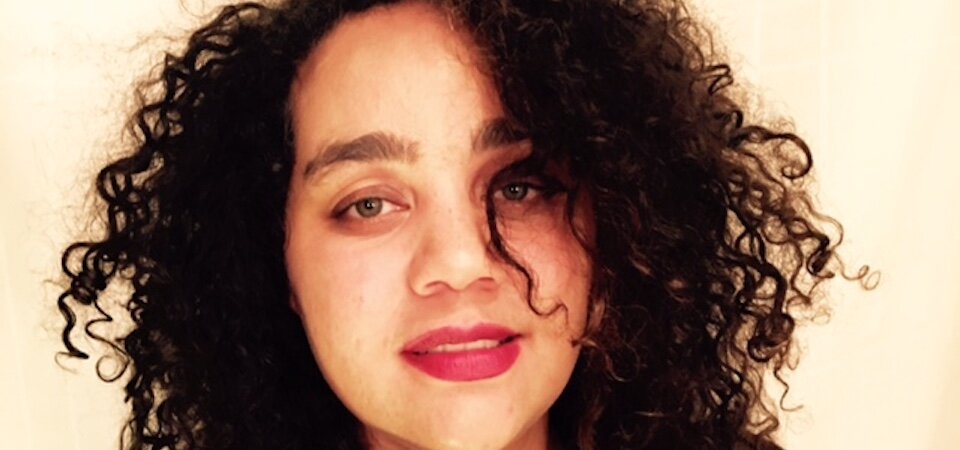Dr. Robin DiAngelo received her PhD in Multicultural Education from the University of Washington in Seattle in 2004. She earned tenure at Westfield State University in Massachusetts. Currently she is Affiliate Associate Professor of Education at the University of Washington, Seattle. In addition, she holds two Honorary Doctoral Degrees. Her area of research is in Whiteness Studies and Critical Discourse Analysis, tracing how whiteness is reproduced in everyday narratives.
She is a two-time winner of the Student’s Choice Award for Educator of the Year at the University of Washington’s School of Social Work. She has numerous publications and books, including Is Everybody Really Equal?: An Introduction to Key Concepts in Critical Social Justice Education, co-written with Özlem Sensoy, and which received both the American Educational Studies Association Critics Choice Book Award (2012) and the Society of Professors of Education Book Award (2018).
In 2011 she coined the term White Fragility in an academic article. Her book, White Fragility: Why It’s So Hard For White People To Talk About Racism was released in June of 2018 and is currently being translated into 10 languages.
—-
Interview Highlights:
Some highlights from Ryan Honeyman’s Conversation with Robin DiAngelo include:
How Dr. DiAngelo first got into this work as a “classic white progressive” who was “clueless about racism.”
Why good, open-minded, liberal progressives (who marched in the 60s) still have a fundamentally racist worldview
How having one or more historically marginalized identities (e.g., being a woman, low-income, LGBTQ, etc.) does not mean that one understands the experience of racism
Why naming, disrupting, and dismantling white supremacy shifts the problem to white people, where it belongs.
How the unexamined values of individualism, meritocracy, objectivity, and conflict avoidance are part of the dominant culture and lead to problematic outcomes for people of color.
—-
Links:
The Racial Contract by Charles W. Mills
Stamped from the Beginning: The Definitive History of Racist Ideas in America (National Book Award Winner) by Ibram X. Kendi
---
LIFT Economy Newsletter
Join 7000+ subscribers and get our free 60 point business design checklist—plus monthly tips, advice, and resources to help you build the Next Economy: https://lifteconomy.com/newsletter
---
Next Economy MBA
This episode is brought to you by the Next Economy MBA.
What would a business education look like if it was completely redesigned for the benefit of all life? This is why the team at LIFT Economy created the Next Economy MBA (https://lifteconomy.com/mba).
The Next Economy MBA is a nine month online course for folks who want to learn key business fundamentals (e.g., vision, culture, strategy, and operations) from an equitable, inclusive, and regenerative perspective.
Join the growing network of 250+ alumni who have been exposed to new solutions, learned essential business skills, and joined a lifelong peer group that is catalyzing a global shift towards an economy that works for all life.
Learn more at https://lifteconomy.com/mba.
---
Show Notes + Other Links
For detailed show notes and interviews with past guests, please visit https://lifteconomy.com/podcast
If you enjoy the podcast, please consider leaving a short review on Apple Podcasts by visiting: https://bit.ly/nexteconomynow
Twitter: https://twitter.com/LIFTEconomy
Instagram: https://instagram.com/lifteconomy/
Facebook: https://facebook.com/LIFTEconomy/
YouTube: https://youtube.com/c/Lifteconomy
Music by Chris Zabriskie: https://chriszabriskie.com/




















